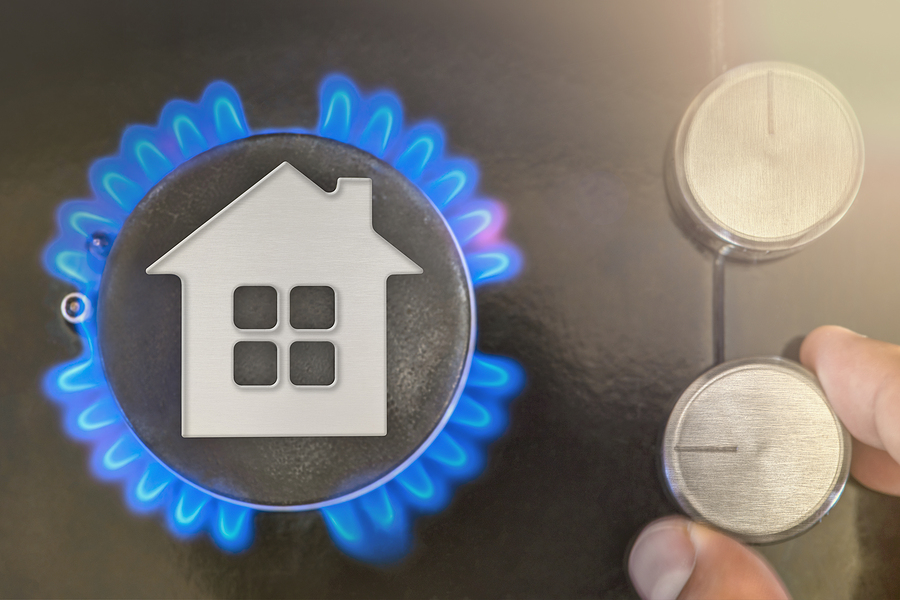
The iNews website warns that as many as 1.7 million customers could cancel their direct debits to energy suppliers this winter, amid dire predictions that the average household fuel bill will soar to about £3,500 when the price cap is raised in the autumn.
Although the government is expected to announce extra measures to help the worse off when the new Prime Minister is installed on 5 September, there is uncertainty about how far these will go, of if they will genuinely help the most vulnerable.
There is an organised ‘Don’t Pay’ campaign which is encouraging people to stop paying their energy bills from 1 October. However, consumer groups are warning that this could affect people’s credit ratings, meaning it will be more difficult for them to get a good mortgage deal, or borrow money for another purpose in the future.
Rocio Concha, Which? director of policy and advocacy, told iNews: “If consumers decide to stop paying their energy bills, it could have a serious impact on their financial situation, affecting their credit rating and potentially making it harder to take out loans, credit cards or mortgages in the future.”
She added: “These customers would also be moved from monthly direct debits to more expensive payment options, such as pre-payment plans, adding extra costs to their bills. We would strongly encourage anyone struggling to afford their bills to speak to their energy company.”
Anyone who is struggling to pay their household bills at the moment is encouraged to talk to their supplier, rather than cancel their direct debit. The supplier has an obligation to find ways to help customers pay, such as agreeing to an affordable payment plan.
If you are looking for adverse credit mortgage brokers in the UK, please get in touch today.
Your home may be repossessed if you do not keep up with your mortgage repayments.
There may be a fee for mortgage advice. The actual amount you pay will depend on your circumstances. The fee is up to 1% but a typical fee is £595.
Back to Blog
Create Finance Limited is an appointed representative of Mortgage Advice Bureau (Derby) Limited which is authorised and regulated by the Financial Conduct Authority.
Create Finance Limited. Registered Office: Office 20, Sadler Bridge Studios, Bold Lane, Derby, DE1 3NT. Registered in England Number: 09582938.
Think carefully before securing other debts against your home. Your home may be repossessed if you do not keep up repayments on a mortgage or any other debt secured on it. There may be a fee for mortgage advice. The actual amount you pay will depend on your circumstances. The fee is up to 1% but a typical fee is £595.
The guidance and/or advice contained within this website is subject to the UK regulatory regime, and is therefore targeted at consumers based in the UK. The actual rate available will depend upon your circumstances. Ask for a personalised illustration.
We may receive commission that will vary depending on the lender, product or permissible factors, The nature of any commission model will be confirmed to you before you proceed. Create Finance Ltd are a credit broker, not a lender.